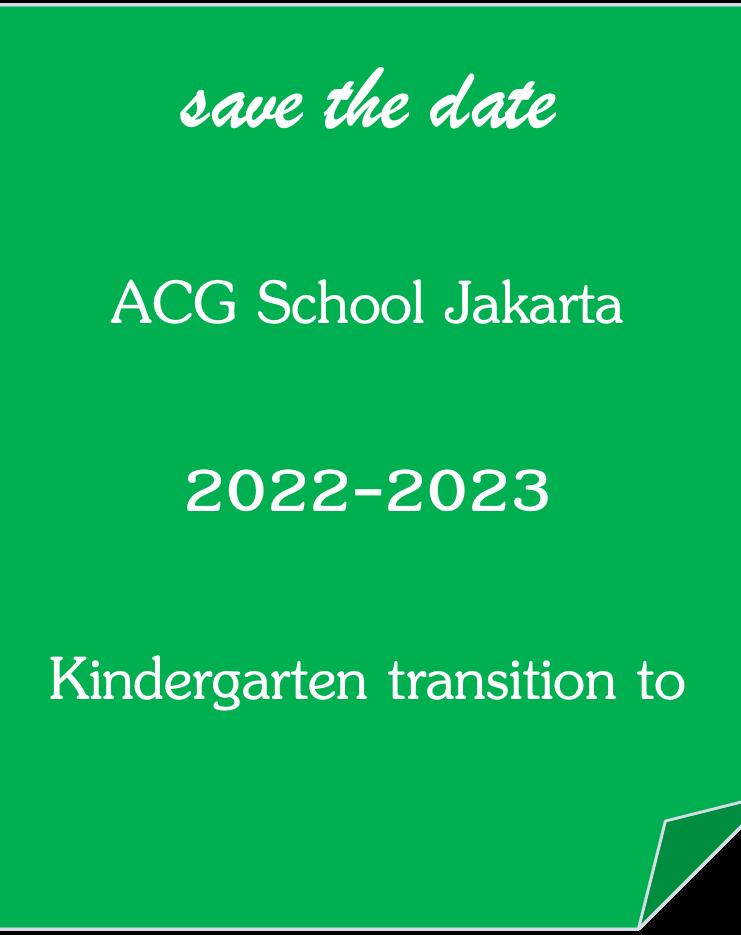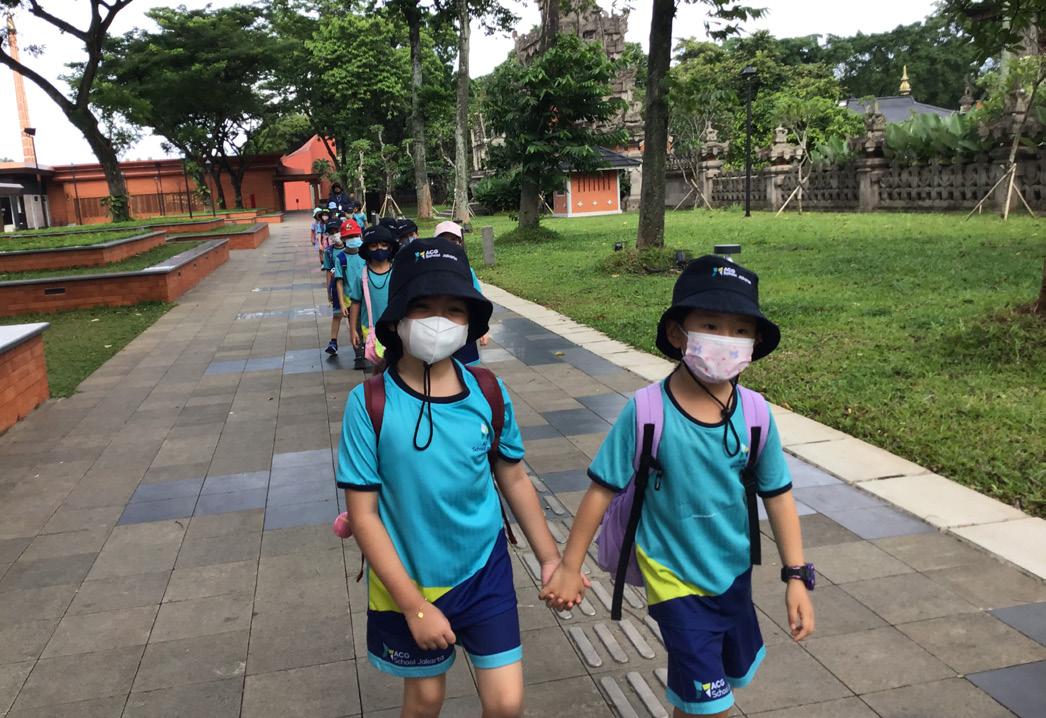
1 minute read
Kindergarten to Primary Transition
As the end of Semester 2 is fast approaching, the end of kindergarten, for our K4 students, is on the horizon. It’s a very exciting time.
We invited our K4 parents to a Transition to Primary School information meeting on Monday 3 April 2023. This session was hosted by our School Principal, Mr Myles D’Airelle, along with Mr Faheem Mohamed, our Year 1 Homeroom Teacher, and some parents joined the meeting online. It was an opportunity to learn about what the parents and the children can expect in primary school. There was also time for the school staff to answer any burning questions parents had.
In the next phase of our transition programme, K4 students will regularly spend some time in Year 1 classroom, lunch and play areas every week throughout May and June. Buddies from Year 1 will help them get familiar with the Primary School routines. They will be paired in buddy groups, with Y1 students serving as role models and helping K4 students transition to the more autonomous student life in Primary School.
Kindergarten children moving into Primary requires everyone’s input: teachers, educators, children, parents and carers. Children have their own unique traits and develop at different rates. They also have different strengths and weaknesses. Here are some general guidelines Kindergarten parents can support their children’s transition to Primary:
• encourage your child to explore their feelings; invite them to talk about their joy (and fears, if any)
• help them connect to the school; view their photos and videos from the current year, look through our school website and social media accounts with your child
• help them build friendships and relationships with people; those experiences will help them initiate and develop friendships at school, too
• empower them by building their confidence and independence; for example, let them stay overnight or spend some hours during the day with relatives or friends without you, give them tasks within your home
• Read and view stories, listen to and sing songs, and dance with them; help them talk about their likes and dislikes
• And most importantly, always play age-appropriate games with them; and also ensure they have opportunities to play with other children; and talk about their experiences with you





